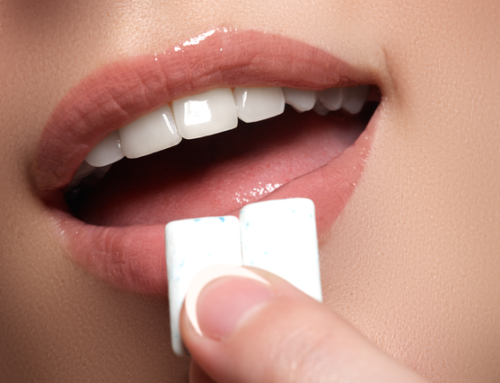CBD vs. THC: What’s The Difference
Though they both come from the cannabis plant, there’s actually quite a bit of difference when it comes to CBD vs. THC. This includes what effects they offer and how they interact with your body. Understanding these differences is important for choosing the right CBD product for your needs. But it is even more important if you’re trying a cannabis product for the very first time.
Terpenes, flavonoids, isolates, distillates… there are a lot of different terms associated with CBD, and it’s easy to get confused. And to help start to break it all down, we’re going back to the basics with a quick overview of CBD versus THC. Here’s what you need to know.
The Difference Between CBD and THC
There’s a big difference between CBD and THC, though the two terms often get confused. While both are cannabinoid compounds harvested from the cannabis plant and both offer a wealth of potential therapeutic benefits, the effects of CBD vs. THC vary quite a bit, as do their legal standings.
What are some of the biggest differences, then? Here are the three major ones.
Intoxicating effects
Perhaps the most widely noted difference between these two compounds is that THC has intoxicating effects (i.e., it makes you feel “high”) while CBD does not. You will not feel intoxicated from the consumption of CBD. Many people don’t feel anything at all, even as the CBD goes to work.
Function in the body
CBD and THC both work with the body’s natural endocannabinoid system to offer similar medicinal benefits. That being said, they don’t go to work in quite the same way. While we still have quite a bit of learning about how exactly CBD and THC function, research suggests that the reason THC produces a high while CBD doesn’t is because of the CB1 receptor, which produces intoxication in the brain. It’s thought that CBD is quite ineffective at impacting the CB1 receptor—so much so that it can actually counterbalance the intoxicating effects of THC.
Legality
We’ve come a long way in the U.S. insofar as the legality of cannabis products. And while THC-containing cannabis products are now legal for recreational and/or medicinal use in many states, there’s still more work to be done on providing across-the-board legality for THC. CBD, on the other hand, is fully legal on the federal level and in all 50 states, thanks to the passage of the 2018 Farm Bill.
But Wait, Does CBD Have THC?
Just because it’s a CBD product doesn’t mean it’s totally THC-free. It might lead you to wonder: does CBD have THC within its natural structure?
Many CBD oils do contain trace amounts of THC, though it’s not part of the chemical structure of CBD itself. CBD hemp oil products, for example, are allowed to contain up to 0.3% THC as an additive. This amount is pretty negligible and won’t produce an intoxicating effect, though if you’re worried about drug testing for work or sports could pose an issue.
If you’re concerned, there are plenty of products out there specifically designed to contain CBD without THC. THC-free CBD products like raw CBD oil and CBD isolates contain CBD in its purest form. They do not contain other compounds like THC or terpenes (aromatic compounds that can offer additional therapeutic benefits). These products are lab tested to ensure their purity. Also, you won’t have to worry about any amount of THC being present—trace or otherwise.
Find Your Best CBD Product
Now that you know the differences between CBD and THC, you hopefully have a better idea of what type of cannabis product is right for you. Browse our online store to shop our top-quality CBD Gum and Mints and find your best fit. And if you have a question about what CBD product you should try, we’re here to help! Contact us today for personalized guidance on making the right selection.






Leave A Comment